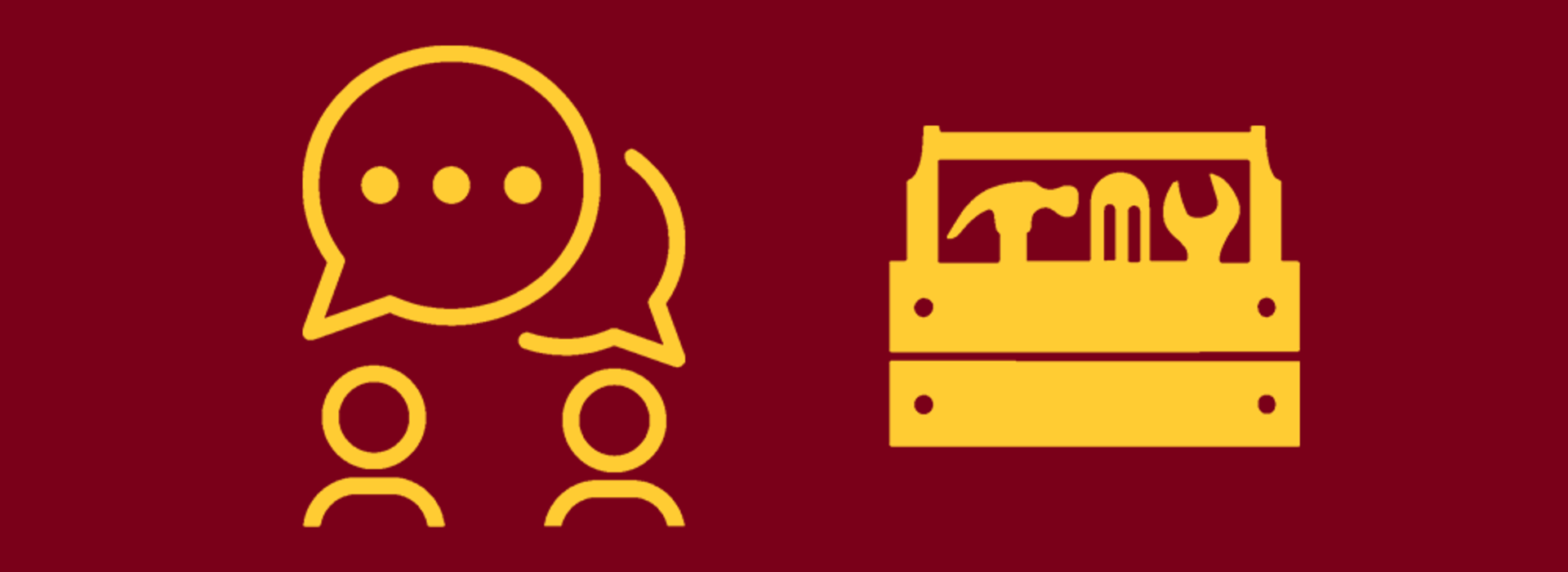
New Toolkit Aims to Teach Palliative Care Providers Culturally Responsive Communications Skills
Jennifer Needle, MD, MPH, an associate professor in the Department of Pediatrics at the University of Minnesota Medical School, is conducting qualitative research to build educational materials and a “communication toolkit” for pediatric palliative care providers when they’re working with Somali, Native American, Latinx and Hmong communities.
The research is facilitated by Dr. Needle’s participation in the Cambia Health Foundation Sojourns® Scholars Leadership Program. Sojourns Scholars receive funding to carry out an innovative and impactful research project while executing a leadership development plan designed to support the individual's growth as a national leader in the field.
Palliative care is for patients with serious or potentially life-threatening illness. It is a recognized subspecialty in both adult and pediatric medicine and can encompass everything from symptom management and establishing goals to decision-making during complicated, life-threatening issues.
“We work with a really diverse group of patients and over the years I’ve recognized that some of the standard practices we have in palliative care – how we communicate with people and how we help people make decisions – are really crafted for people that look like me and not necessarily those who have a different cultural perspective about medicine,” Dr. Needle said.
One mechanism to improve health disparities on the individual patient level is to better understand the cross-cultural interactions and communication practices that impact the relationship between patients, patients’ families and healthcare providers. For this project, Dr. Needle is collaborating with the SoLaHmo Partnership for Health & Wellness to seek a better understanding from different communities about how palliative care could be improved.
The research includes interviews with key informants, cultural leaders and religious leaders within their respective communities. Listening sessions allow each community stakeholder to share their group’s unique cultural perspectives on death and dying. In addition, focus groups containing parents of children with serious illness and parents that have lost a child will help to elucidate individual perspectives and beliefs during hardship. Lastly, focus groups with pediatric healthcare providers will highlight their viewpoint and what has been challenging for them in the past.
“I’ve really committed my career to helping people establish a comfort level in talking about serious illness that I think a lot of people in medicine are not comfortable with. The idea that someone will die is often seen as a failure in medicine. The reality is that we’re all going to die of something, so why shouldn’t we figure out what’s most important to us in whatever time we have left? It’s really about finding ways to comfortably and articulately have conversations so they don’t come off as threatening or scary. But, it’s just not natural. We’re not necessarily trained in that skillset,” Dr. Needle said.
Developing personal connections can be imperative during palliative care. Communicating about serious illness isn’t a skillset many providers receive formal training in, and cultural differences compound an already challenging situation. Providers must show someone respect and include them in hard conversations and decision-making processes while also recognizing that both parties may be uncomfortable doing so.
“In our western culture, we are very patient-family centric. We tell people, ‘Here are the three options for medication,’ and then we ask them which they would choose. We defer to families to make decisions, whereas in many other cultures, that is not the way decision-making traditionally takes place. Oftentimes, I find we approach families with ‘what do you choose’ and they don’t really know how to respond because they’ve never been put in a position where they’ve been asked to do that or feel comfortable bearing that responsibility,” Dr. Needle said.
This is just one example among many that could be improved upon if a provider had access to a communications toolkit. The development, implementation and dissemination of community-informed strategies will be fundamental to improving culturally responsive palliative care access and delivery among the diverse communities in Minnesota.
Putting the toolkit together is a very non-linear process, and Dr. Needle is still working on what exactly the final product will look like. It will be heavily dependent on results of the qualitative research, which will allow researchers to find common themes. Once those are established, they will work with the U of M’s Center for Educational Innovation to produce the toolkits, which could include acceptable or preferred terminology for each culture, effective communication strategies and much more.
“It’s important that we come to this job as human beings. We may look different and practice different religions, but we have to come at it as just two human beings that want to do the best for each other. That human connection being lost is one of the reasons that we have such a hard time sharing these difficult conversations with each other,” Dr. Needle said.
Establishing that human connection will hopefully be easier to accomplish if physicians are able to provide better informed care from the beginning. Dr. Needle’s project is part of a two-year grant, and her current goal is to finish by January of 2023.